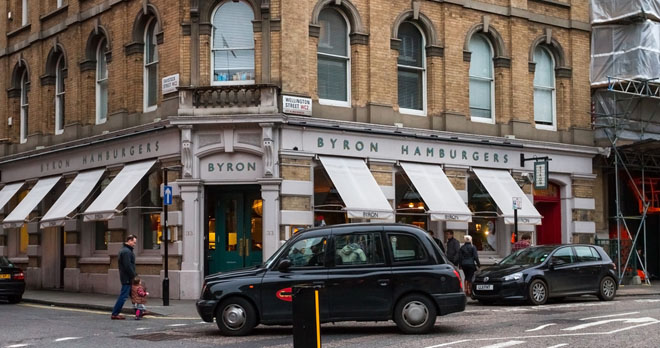Illegal working: do you know your responsibilities as an employer?

But that is what happened to the restaurant chain Byron earlier this summer, when immigration officers led a daylight sting at a number of its outlets and arrested dozens of illegal workers from countries including Albania, Brazil, Nepal and Egypt. Workers had used fake visas and ID to dupe the business.
The Home Office has made it clear that it will continue to step up its offensive on illegal working in the UK. The latest statistics prove this to be true, with the Home Office imposing fines of £14 million pounds on businesses in the first three months of 2016. In the second half of 2015 alone, they issued civil penalties amounting to £21.6 million and also deported hundreds of illegal workers. Whilst takeaways, small restaurants and businesses were the key offenders, the Home Office also targeted a number of larger organisations for failing to keep correct worker records.
Under the law, an employer can be jailed for up to five years and can pay an unlimited fine for deliberately employing an illegal immigrant. Separately, they can also be issued with a civil penalty of up to £20,000 for each illegal worker.
An employer will not be liable for a civil penalty if it can show that it made the correct “right to work checks” both prior and during the employment of the individual. These include inspecting photographs and ensuring they match the face of the worker, checking that visa and ID documentation contains the correct spelling of the worker’s name, matches other ID documentation and has not expired, as well as taking and retaining copies of all relevant documentation.
Immigration continues to be a hot topic in the UK, as the country with the ninth highest number of asylum applications within the EU (Home Office, period ending March 2016). Here are some other interesting general immigration statistics for the same period:
- Of the 175,176 decisions on work visas, 6% (10,682) were refused;
- 38,274 family related visas were granted, an increase of 11% compared to the previous year;
- Approximately 42,000 asylum applications were received: the largest number were from nationals of Iran, followed by Eritrea, Iraq, Sudan, Pakistan, and Syria.
- The three EU countries with the highest number of applications were Germany, Sweden and Hungary;
- 531,375 visitor visas were granted. The nationalities granted the most visas were Chinese, Indian and US. There was a significant fall in the number of visitor visas for Russian nationals.
- 11,637 people were removed from the UK, whilst 5,692 offenders were deported to their home countries in the year ending 2016.
We're running a CIPD seminar in our Oxford office - 'Employing Foreign Nationals' on 6 October. More info here.